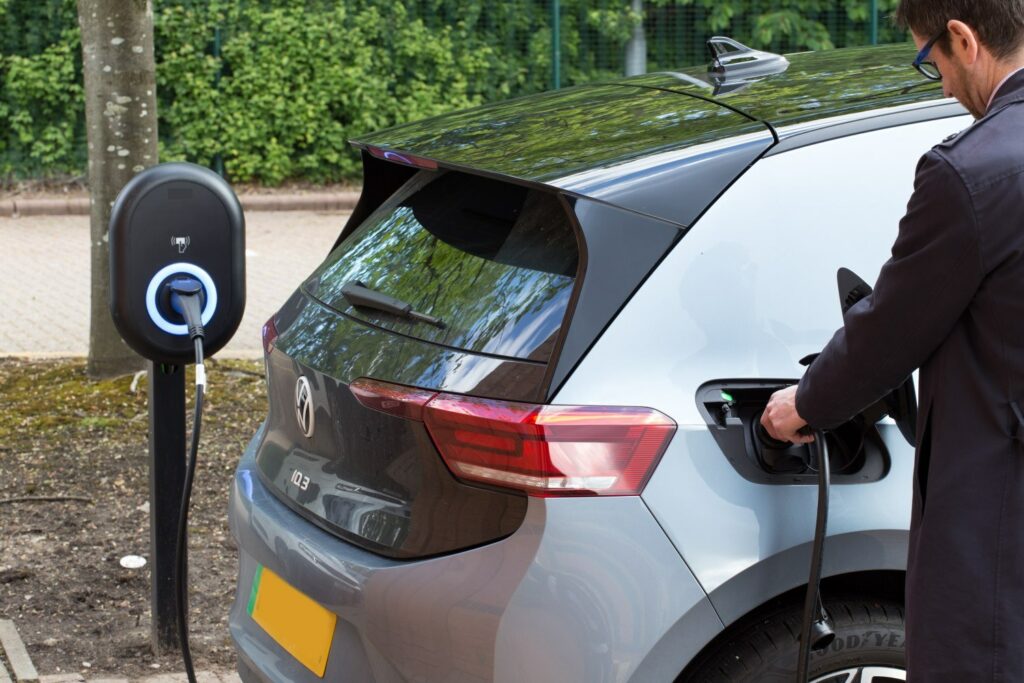Barriers to electric vehicle (EV) charging including security, interoperability and load management are to be tackled as part of a new consortium.
Led by Toshiba and including the Data Communications Company (DCC), EV charging firm has.to.be, chargepoint manufacturer Vestel and Pelion, the consortium will explore the potential of bringing EV charging infrastructure onto a secured, unified and national network.
It will trial a proof-of-concept using a Vestel chargepoint installed at the DCC’s Manchester testing facility, Brabazon House, to demonstrate how the DCC’s network – currently used for smart metering – can be opened up to support the EV charging industry.
The solution will help manage consumer data, charging control and energy metering, featuring end-to-end encryption for enhanced security, with Toshiba having proven cyber-physical capability in the UK smart metering market.
Pelion, meanwhile, offers life cycle management for Internet of Things devices and a secure application management ecosystem for edge systems.
The consortium was clear that while many EV charging networks do have robust security measures in place, there are no “clear, agreed standards” and that if the DCC’s standards – which are endorsed by the National Cyber Security Centre – were applied to a national EV charging network, it would safeguard consumer data and protect the energy grid from cyberattacks.
It added that while progress has been made in unifying EV charging networks, these are unable to provide the same value as true interoperability achieved through a common standardised platform underpinning all private EV charging.
A number of partnerships have been formed in recent years to bring together charging networks, with NewMotion alone having roaming partnerships with 19 different networks. Additionally, services such as Octopus’ Electric Juice Network and Zap-Pay have been launched to boost payment interoperability.
Roaming and interoperability formed part of a government consultation launched in February, with views sought on the best way to achieve a simple method of payment at all chargers.
An interoperable roaming platform established by the government was one suggested solution, as was a requirement for chargepoint operators to to open up their networks to third-party electric mobility service providers or to other charging networks without discrimination, as well as a market-led approach where the government continues to work with industry but doesn’t yet regulate for a solution.
The consortium said this pilot project will yield data necessary to inform future national strategies for EV smart charging.
DCC CEO Angus Flett said that the technology needed to make it simple for everyone already exists, and that this new project will “help ensure that EV smart charging is secure and consumer friendly” while allowing the system to make best possible use of renewable sources.
The consortium explained that with better grid oversight and control, consumers could be incentivised to take advantage of the greenest energy.





